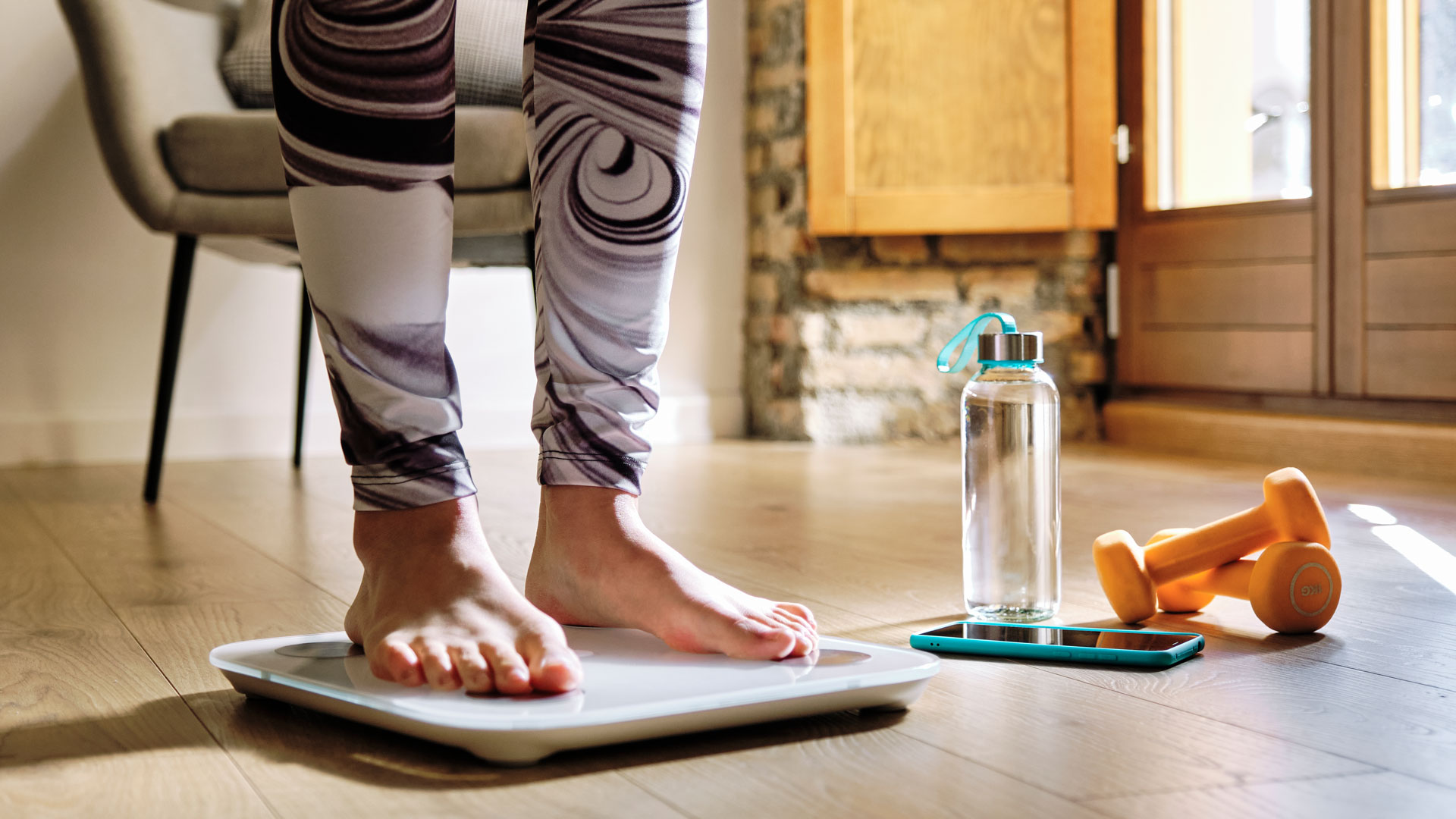How to lose fat
Wondering how to lose fat? We asked experts to tell us the best way to drop the pounds


If you want to know how to lose fat, we’ve got you covered. Whether you’ve bought one of the best exercise machines to lose weight or are a regular gym-goer, you may be asking how to get the most significant fat burn for your buck.
Body fat is essential for your body to function. It acts as an energy store, protects your organs, cushions joints, and helps regulate body temperature. But carrying too much body fat can be bad for our health.
You may hear a lot about fat-burning pills or supplements. But downing a shake or popping a pill won’t make fat fall off. Instead of seeking a quick fix, it’s essential to learn how to burn fat sustainably. We’ve spoken to experts who will show you how to lose fat by focusing on nutrition and exercise.
How to lose fat: how it works
You may think that fat burning is all about exercise, but nutrition plays a massive part in the process.
Tone House Director of Sports Nutrition Ryan Turner says that you must be careful not to lose muscle when looking at fat loss. “Losing body fat and building muscle are the two main goals my clients are looking to achieve. Focusing mainly on body fat simplifies things, but not before accepting the main goal - maintaining muscle mass.
Turner explains four basic principles for fat loss:
- Understand your energy needs for weight maintenance, then set an appropriate calorie deficit range.
- Understand protein needs for muscle maintenance, then maintain or increase protein intake as needed.
- Stay consistent and trust the process.
- Once the goal is achieved, understand energy needs and habits for maintenance.
He continues, “When there is a deficit of calories, more calories have been used than consumed over a period; the calories will need to be taken from somewhere within the body. The goal is to reduce muscle loss and target body fat loss as efficiently as possible. This oversimplifies the mechanics of the ‘calories in, calories out’; however, it doesn’t need to be more challenging.
Start your week with achievable workout ideas, health tips and wellbeing advice in your inbox.
The challenges come because of lifestyle habits, food preferences, and life getting in the way. Stress, lack of sleep, and choice of activity can all affect the process. Even the ‘calories out’ portion of the equation is not a static number from day-to-day, and the volume of food and food choices can affect this.”
Being active is another key component to losing weight and keeping it off. As well as providing a range of health benefits, exercise can help burn off the excess calories you cannot lose through diet alone.

What burns the most fat?
Debates have raged for years in the fitness community about whether cardio or weight training is better for fat loss. However, studies on cardio vs. weight training for fat loss have mixed results. For example, a 2013 study found that, of the 234 participants surveyed, those who did aerobic exercise lost more weight than those who did strength training. But 2017 research concluded that weight training beats cardio, thanks to its ability to increase muscle mass.
Tone House Founder and Director of Training Alonzo Wilson said, "You need both conditioning and strength training to achieve optimal fat loss. Everyone's body is different, but as a rule of thumb, they both go hand in hand.
For instance, conditioning burns more calories than a traditional heavy weightlifting session. More calories burned equals more fat lost. Heavy weightlifting is much more effective at helping you build muscle. The more muscle you have, the faster your metabolism will be. Faster metabolism equals less body fat."
High-intensity cardio, training at a level that feels challenging and leaves you too breathless to hold a conversation, can be helpful for weight loss as well as improving endurance. For example, using a calorie calculator, a 150-pound person would burn about 341 calories after running at 6mph for 30 minutes, while walking at 3.5mph for that same length of time would burn 136 calories.
If indoor cycling is your thing, Harvard Health estimates that a 155-pound person burns around 260 calories per 30 minutes of cycling on a stationary bike at a moderate pace, or 298 calories per 30 minutes on a bicycle at a reasonable speed of 12–13.9 mph (19–22.4 km/h).
Weight training can help you build strength and promote muscle growth, raising your resting metabolic rate or how many calories your body burns at rest. For example, one six-month study showed that simply doing 11 minutes of strength-based exercises three times per week resulted in a 7.4% increase in metabolic rate, on average. In this study, that increase was equivalent to burning an additional 125 calories per day.
In addition, numerous studies have shown that your body continues to burn calories many hours after a weight-training workout, compared with aerobic exercise.

Is it safe to lose weight quickly?
According to many experts, including the Centers for Disease Control and Prevention, losing 1–2 pounds (0.45–0.9 kg) per week is a healthy and safe rate. However, losing more than that is considered too fast and, according to research, could put you at risk of many health problems, including muscle loss, gallstones, nutritional deficiencies, and a drop in metabolism.
If you’re tempted to try a very low-calorie diet thinking it will help you lose weight fast, a lot of the weight you lose may come from muscle and water. Researchers put 25 people on a very low-calorie diet of 500 calories per day for five weeks and 22 people on a low-calorie diet of 1,250 calories per day for 12 weeks.
After the study, the researchers found that both groups had lost similar amounts of weight, but the people who followed the very low-calorie diet lost over six times as much muscle as those on the low-calorie diet.
Catherine is a freelance journalist writing across titles such as Verywell Health, Healthline, The Daily Telegraph, Refinery29, Elle, and Vogue. She specializes in content covering health, fitness, wellness, and culture.
A once reluctant runner, Catherine has competed in 30 running events in the past five years and looks forward to one day running the London Marathon.
